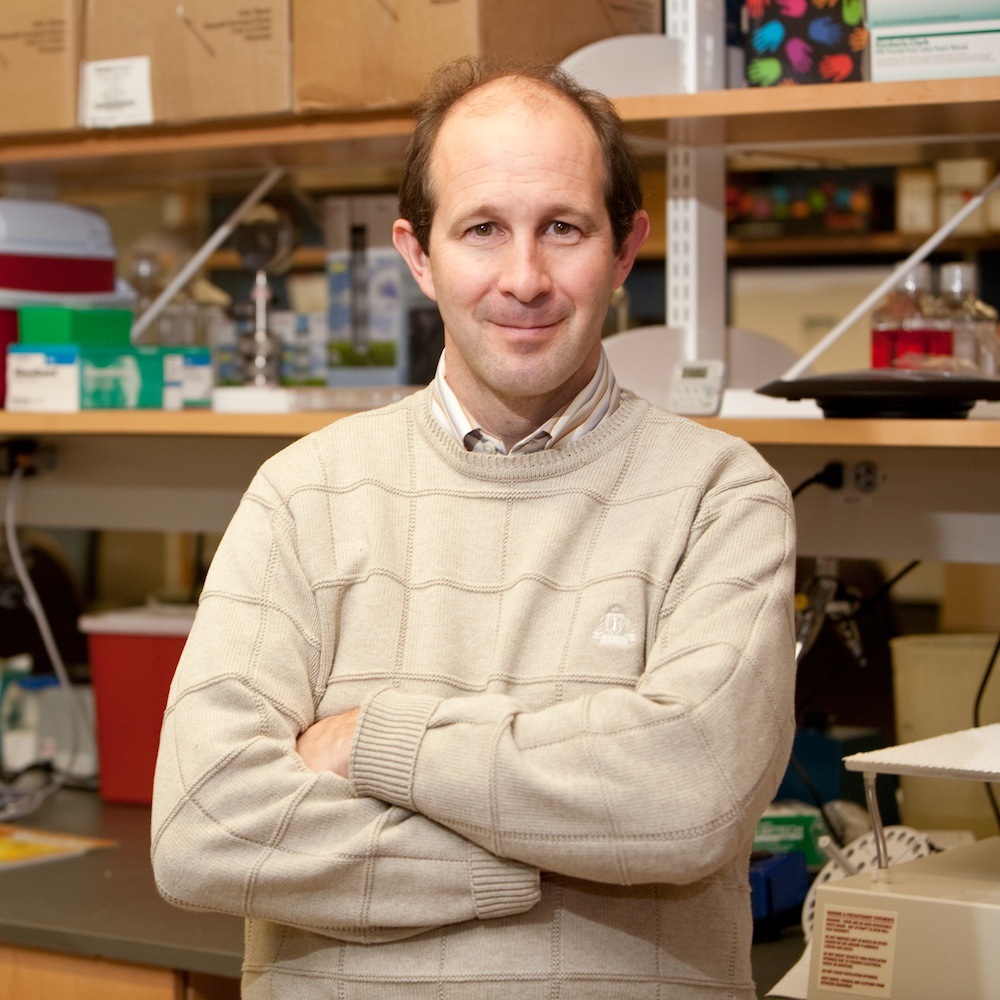UF, Mount Sinai Medical Center of Florida receive funding for Alzheimer’s Disease Research Center

The National Institutes of Health is providing funds to University of Florida Health and Mount Sinai Medical Center in Miami Beach to establish a center dedicated to Alzheimer’s disease research.
“The state of Florida is one of the epicenters of the Alzheimer’s epidemic, with something like 500,000 people diagnosed with the disease,” said Dr. Todd Golde, director of the UF Center for Translational Research in Neurodegenerative Disease. “From a demographic point of view, we really need an Alzheimer’s Disease Research Center.”
The Alzheimer’s Disease Research Centers, or ADRC, comprise a network of organizations across the U.S. funded by the National Institute on Aging and the National Institutes of Health. Investigators at the centers aim to turn research into better diagnosis and care for people with Alzheimer’s. The UF/Mount Sinai center will be the only fully staffed ADRC located in Florida, and one of only 30 in the United States.
“Mount Sinai Medical Center is proud to partner with the University of Florida to establish Florida’s only fully staffed Alzheimer’s Disease Research Center,” said Mount Sinai president and chief executive officer Steven D. Sonenreich. “Through this initiative, we will be able to translate research advances into improved diagnosis and care for people in Florida battling the disease.”
The center has received initial funding for $1.5 million for the first year, with expectation of renewal for five years total. The funding will support five cores within the center, including an administration, clinical, neuropathology, data management and statistics and outreach, recruitment and education core.
A major focus of the news center will be to study Hispanic patients with Alzheimer’s disease and compare them with non-Hispanics with the disease, said Dr. Ranjan Duara, medical director of the Wien Center for Alzheimer’s Disease and Memory Disorders at Mount Sinai Medical Center, associate director of the ADRC and director of the clinical core based at Mount Sinai.
“In Florida we have a very diverse population who have different lifestyles, speak different languages, have varying cultures, levels of education and levels of stress,” said Duara. “Although this poses challenges in determining the correct diagnosis of Alzheimer’s disease and its rate of progression, it can also help us better understand how these factors influence the risk for developing Alzheimer’s disease and how it progresses.”
Another $1 million from the State of Florida, secured by state Reps. Erik Fresen, Matt Hudson and Fresen’s aide David Winialski, will augment aspects of the neuropathology and education cores.